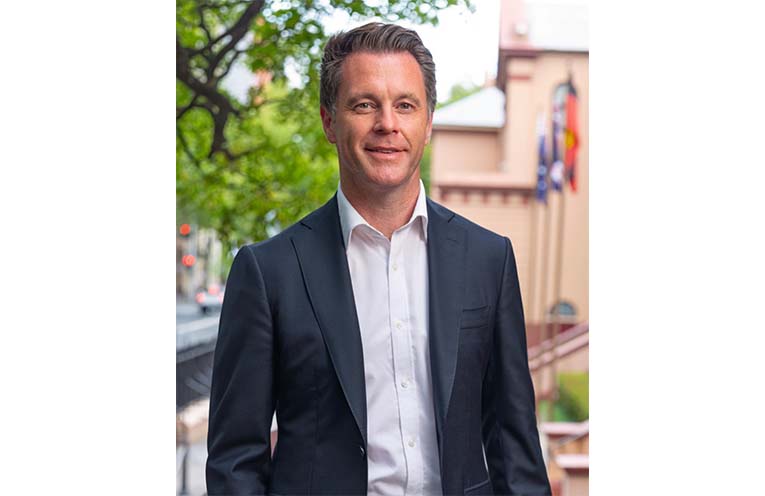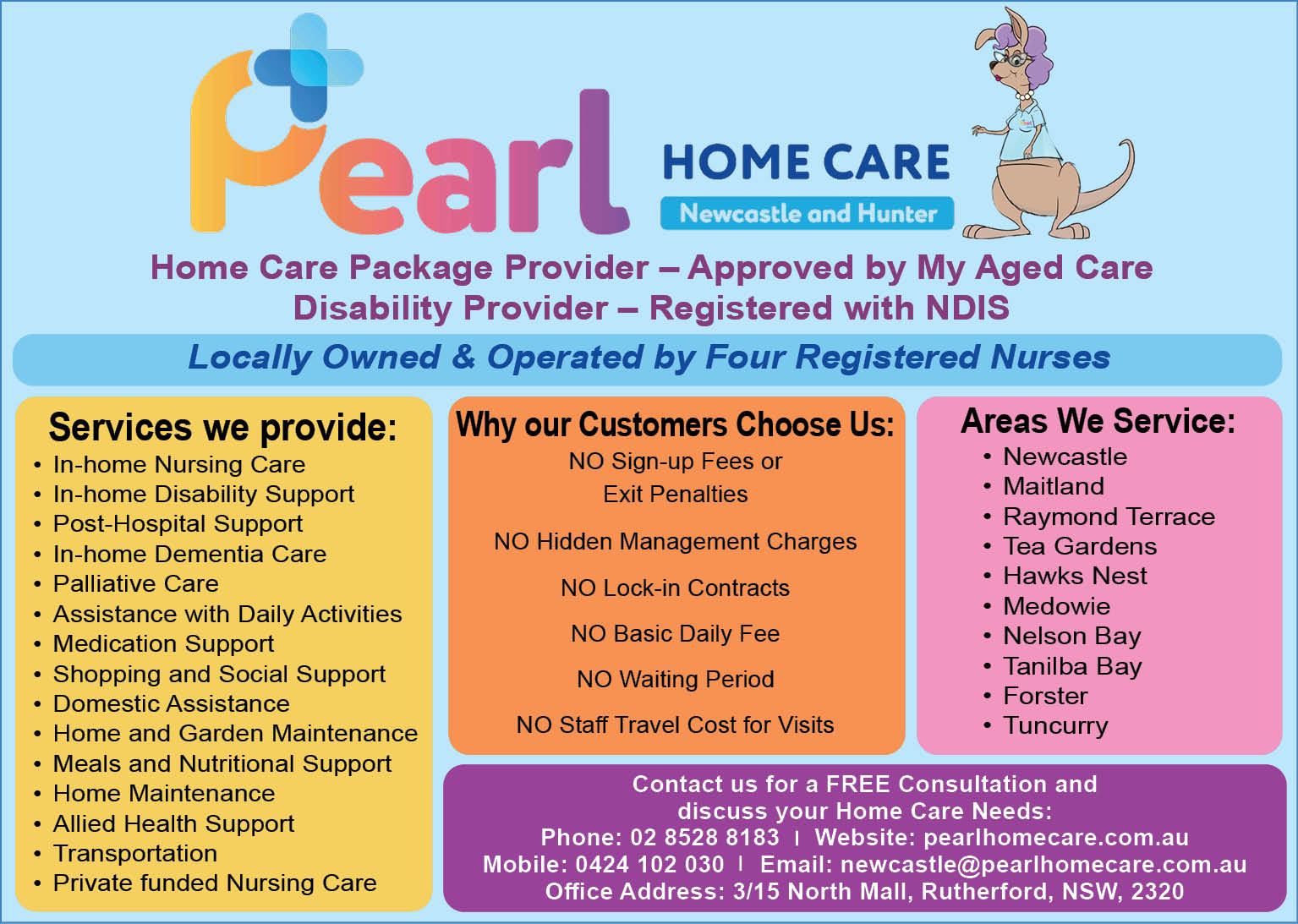
A $200 MILLION dollar package has been announced by the State and Federal Governments to provide energy saving upgrades in social housing properties and access to solar for low-income renters and apartment residents.
It is estimated that 30,000 homes will be able to access the benefits.
 Advertise with News of The Area today.
Advertise with News of The Area today.It’s worth it for your business.
Message us.
Phone us – (02) 4981 8882.
Email us – media@newsofthearea.com.au
$175 million total will be provided over four years to help reduce energy bills for tenants.
More than 24,000 homes will be eligible for upgrades including heat pump hot water systems, ceiling fans, reverse-cycle air conditioners, solar systems, insulation and draught proofing.
The social housing properties will be a mix of NSW Government-owned and managed homes, along with those overseen by community housing providers.
Priority will be given to the least energy-efficient properties, along with locations that experience extreme heat and cold.
The Commonwealth Government is also investing $30 million to fund rooftop solar installations on apartments, or accessing a portion of a ‘solar garden’ community energy plot.
More than 10,000 households will be able to access the Solar Banks program, which is hoped could save households up to $600 a year.
“Saving energy means saving money, which is why we’re continuing to deliver cost of living relief for families that need it most without adding to inflation,” said Prime Minister Anthony Albanese.
“We want all Australians to have access to cleaner, cheaper energy.
“Renewable energy for social housing helps power bills and is good for the environment.”
NSW Premier Chris Minns said easing cost-of-living pressures was the government’s major priority, with reducing power bills “a key pillar of that”.
“We are investing to save people money while also getting NSW’s energy transition back on track,” he said.
The NSW Opposition welcomed the announcement, but said the support doesn’t go far enough.
Liberal Leader Mark Speakman called on Premier Minns to adopt the Oppositions’ NSW Energy Bill Saver program, which in theory would allow all households to receive $250 off their energy bills and unlock up to $400 in further savings by switching energy plans to a lower deal.
“Chris Minns is determined to pick winners and losers as families and households struggle under Labor’s cost of living crisis,” Mr Speakman said.
“Everyone is struggling to make ends meet at the moment, and our NSW Energy Bill Saver program would have provided help for hard working families right across our State.
“Chris Minns decided to scrap this commitment and instead deliver limited energy relief.”
Under the Commonwealth-NSW energy bill rebates, up to 1.6 million households are currently eligible for $500 to help pay their electricity bills.
Dr Jennifer Rayner, Head of Advocacy at the Climate Council said last week’s announcement was an example of “practical climate action that makes a difference for Australians”.
“By helping people in NSW who are doing it tough to upgrade their appliances and access cheap renewable energy, this investment will cut power bills and carbon pollution – a fantastic two-for-one deal,” Dr Rayner said.
“Making our homes more energy efficient and powering them with cheap renewable electricity is an important part of building a clean energy system that works for people, not multinational fossil fuel corporations.
“Millions of households around Australia are already seeing the benefits so it’s essential renters, people on tight incomes and those who live in apartments can share these too.”
Sweltering Cities, a campaign and advocacy organisation working on issues related to extreme heat, also welcomed the joint-government move.
“The policy choices we make on housing and energy efficiency now will decide how many people die in the deadly heat waves of our future,” Sweltering Cities Executive Director Emma Bacon said.
“This funding is a good step towards helping low-income families manage their health as summers get hotter.”
Solar Citizens CEO Heidi Lee Douglas said electrification and rooftop solar are effective ways to slash energy bills and address the ongoing cost-of-living crisis.
“Rolling out rooftop solar on social housing can save low-income households an average of $860 per year, while also contributing cheap, clean energy back to the grid and providing cheaper electricity for everyone.
“Adding batteries with storage orchestration offers additional grid security benefits for the energy grid, bringing bills down further,” she said.
By Doug CONNOR